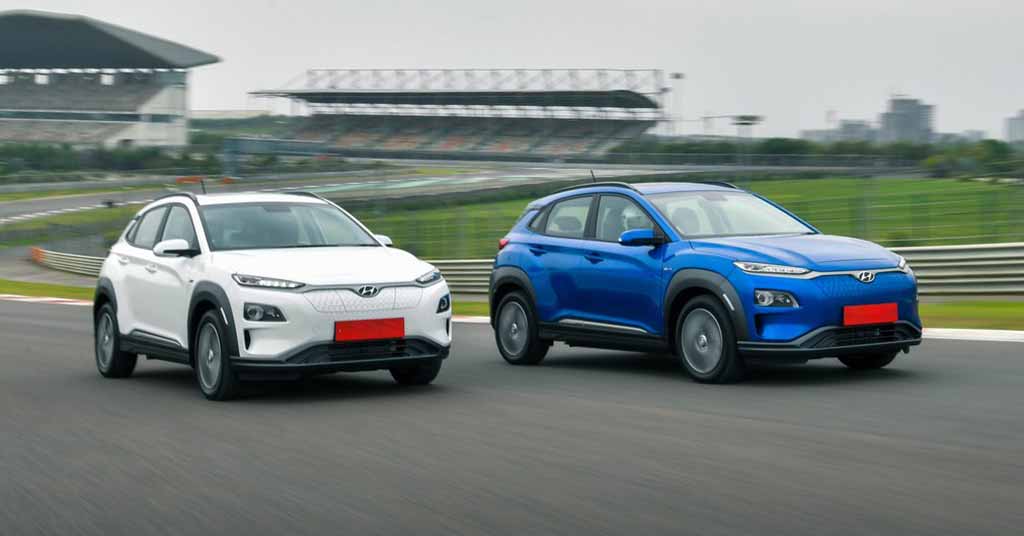Welcome To ChemAnalyst

In a strategic move to bolster its position in the rapidly evolving electric vehicle (EV) landscape, Hyundai has announced plans to cease operations at two engine parts plants, signaling a decisive acceleration in its shift away from internal combustion engine (ICE) vehicles. The South Korean automaker, riding high on the success of its electric models, is actively reshaping its manufacturing network to align with the surging demand for EVs across the world.
Hyundai's recent milestone of achieving its highest-ever exports serves as a testament to the company's commitment to electric mobility. With exports witnessing an impressive nearly 30% year-over-year surge, Hyundai attributes this remarkable performance to the growing popularity of its electric models, particularly those built on its cutting-edge Electric-Global Modular Platform (E-GMP). Notable contributors to this success include dedicated EVs such as the IONIQ 5 electric SUV, IONIQ 6, and Kia EV6, collectively steering Hyundai toward a paradigm shift in its sales composition.
In the United States, both Hyundai and Kia celebrated their best November sales months ever, showcasing an impressive 16 consecutive months of year-over-year growth. Registration data from Q3 revealed that Hyundai and Kia secured the second position in US EV sales, trailing only behind industry titan Tesla. With a market share of 7.5%, the Hyundai-Kia duo outpaced competitors like GM's Chevy (5.9%) and Ford (5.5%).
It's worth noting that Hyundai's surge in the electric vehicle sector occurred despite its EVs not qualifying for the $7,500 EV tax credit. Undeterred, Hyundai is forging ahead with ambitious plans, recently breaking ground on a colossal $1.5 billion dedicated EV plant in Ulsan. Positioned as Hyundai's largest manufacturing site, the Ulsan complex, slated for mass production commencement in 2026, is projected to churn out a staggering 200,000 EVs annually. The company views Ulsan as a pivotal cornerstone that will lay the groundwork for future growth in the electrification era.
As part of its proactive approach to the EV revolution, Hyundai announced the suspension of operations at its main plant in South Korea last month, redirecting focus towards the construction of the groundbreaking Ulsan facility.
While some automakers are slowing down their transition to electric powertrains, Hyundai is taking a contrary stance by intensifying its efforts. The company is keenly attuned to the trajectory of the automotive industry and is positioning itself to be at the forefront of the impending electric revolution. Hyundai's ambitious vision extends to becoming one of the top three EV producers globally by 2030, with plans to introduce a total of 31 all-electric models.
With an array of new EV models poised to make waves in key markets, Hyundai's proactive approach positions it as a brand to watch closely in the evolving landscape of electric mobility over the next few years. The announcement to close engine parts plants serves as a tangible manifestation of Hyundai's unwavering commitment to a future dominated by electric vehicles.
We use cookies to deliver the best possible experience on our website. To learn more, visit our Privacy Policy. By continuing to use this site or by closing this box, you consent to our use of cookies. More info.
